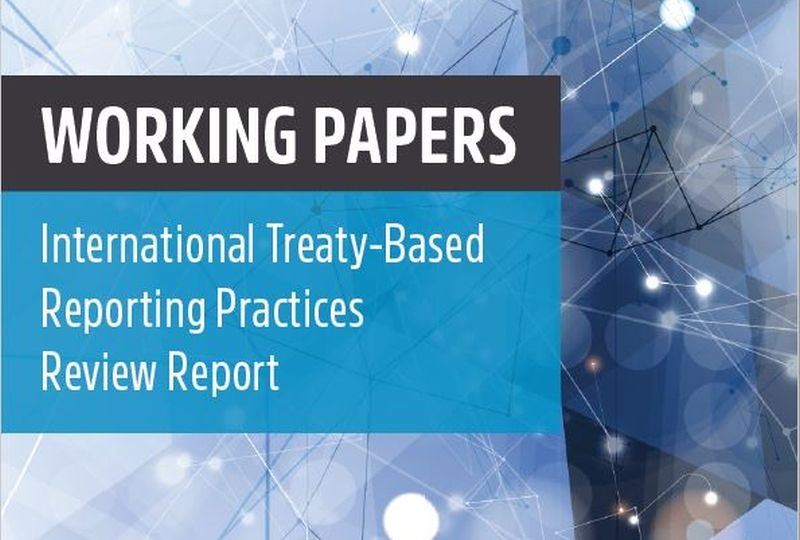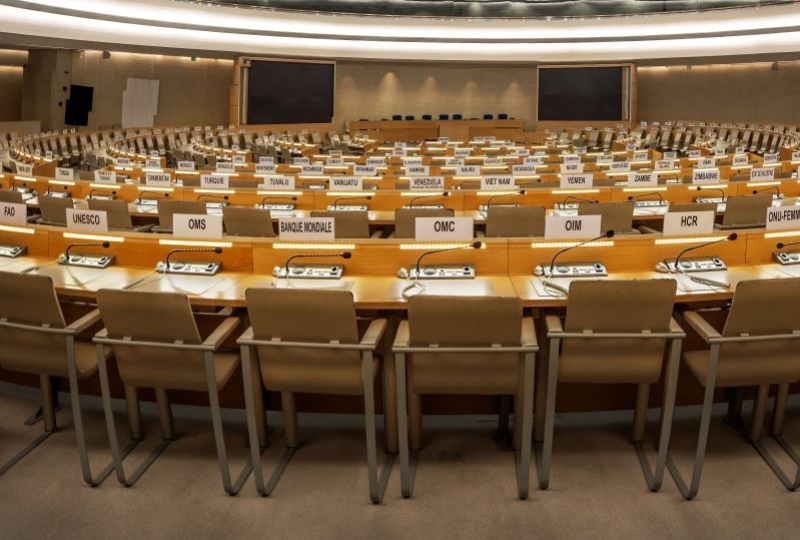The paper highlights that most reporting systems do face similar problems like under-reporting, backlog, as well as lack of visibility and consistency. Some enjoy excellent compliance, but this seems to come at the cost of lowered expert scrutiny.
The paper also identifies some good practices like combined reviews in the field of human rights reporting, regional approaches and prioritization at UNESCO and most notably the use of electronic systems to facilitate the flow of information both ways. These include enhanced visibility of review mechanisms’ outputs that encourage good practices, and diligence in reporting and facilitate engagement of stakeholders, as well as simplified online submission of information via secure portals.
‘State representatives in Geneva and New York are struggling to find the best ways to implement the recommendations of the 2020 TB Review report’ says Felix Kirchmeier
‘Our findings – which do not provide specific recommendations for any particular reporting system – allow for very valuable comparisons and to identify replicable good practices. They can thus help diplomats and staff of these reporting systems’ secretariats to look beyond the human rights field, see how and why other mechanisms function better and recognize shared shortcomings’ he adds.










